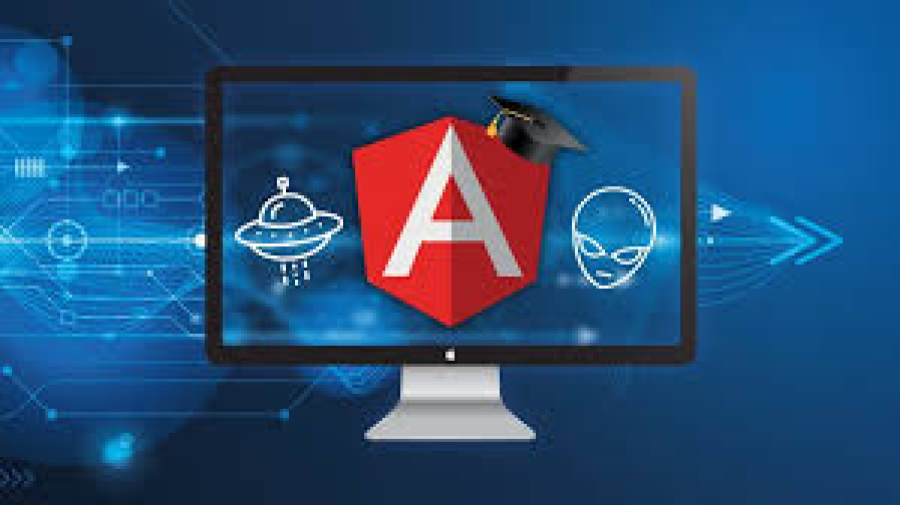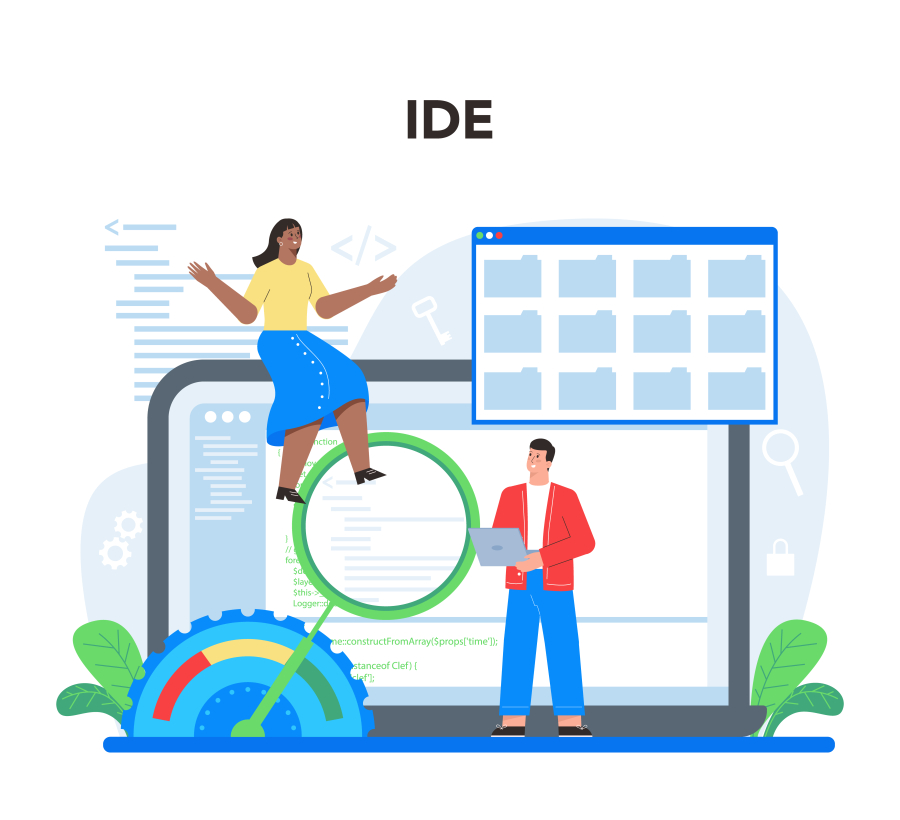Eloquent vs Query Builder: Which One to Use in Laravel
Choosing between Eloquent ORM and Query Builder in Laravel is one of the most common dilemmas developers face, especially when optimizing applications for speed, readability, and scalability. Laravel, being a developer-friendly PHP framework, offers both tools to interact with databases—but each has its own strengths and ideal use cases. On freelancerbridge, we help freelancers and developers make informed decisions, and this guide will walk you through the pros, cons, and best-use scenarios of both Eloquent and Query Builder to determine which one is right for your Laravel project.
Long Description (With SEO-Focused Points)
✅ 1. Understanding Laravel's Database Abstractions
Laravel provides two major ways to interact with databases: Eloquent ORM and Query Builder.
Eloquent is an Object-Relational Mapper that allows you to work with your database tables as if they were PHP objects.
Query Builder offers a more manual but flexible way to build and run database queries using a fluent, chainable syntax.
Both options are integrated into Laravel and serve different needs depending on the project's complexity, performance requirements, and team preferences.
✅ 2. What is Eloquent ORM?
Eloquent allows you to work with databases using a simple and elegant Active Record implementation.
Each model represents a table, and instances of that model represent rows.
It simplifies CRUD operations and relationship management with minimal code.
Eloquent is ideal for developers who prefer a more object-oriented, readable approach.
✅ 3. What is Query Builder in Laravel?
Query Builder provides a more SQL-like experience, giving fine-grained control over database interactions.
It is best for writing complex queries, handling raw SQL when needed, or when performance is critical.
Unlike Eloquent, it does not assume any specific structure or model logic.
✅ 4. Advantages of Using Eloquent ORM
Readability: Eloquent is very expressive and clean to read.
Relationships: Defining relationships like hasMany, belongsTo, and morphTo is easy.
Maintenance: Eloquent makes it easier to maintain and understand application logic.
Model Events: You can easily hook into model lifecycle events like creating or deleting.
✅ 5. Drawbacks of Eloquent ORM
Performance: Eloquent may generate additional queries if relationships are not eager-loaded.
Abstraction Cost: The abstraction layer sometimes hides performance bottlenecks.
Learning Curve: New developers must understand how relationships and models work.
✅ 6. Advantages of Using Query Builder
Speed: Direct queries are generally faster and can be optimized more easily.
Custom Logic: More control for developers needing specific query structures.
Flexibility: Easier to join tables, use subqueries, and write raw expressions.
✅ 7. Drawbacks of Query Builder
Less Readable: More verbose and technical, especially for large applications.
Lacks Abstraction: You have to manually handle relationships and object mapping.
Error-Prone: Higher risk of bugs due to manual handling of data relationships.
✅ 8. Performance Comparison in Real Scenarios
For simple CRUD operations, Eloquent performs adequately and makes development faster.
In scenarios involving large datasets, complex joins, or aggregations, Query Builder usually outperforms Eloquent.
A hybrid approach—using Eloquent for most operations and Query Builder for heavy or custom queries—is a common practice.
✅ 9. Maintainability and Codebase Consistency
In teams or freelance projects, Eloquent’s structure promotes standardized models and practices.
Query Builder can sometimes create scattered logic if not well-organized or documented.
Eloquent encourages a more modular, reusable architecture.
✅ 10. Use Case Scenarios: When to Use What?
Use Eloquent When:
You're building a quick prototype or MVP.
You want your code to be expressive and close to object-oriented design.
You need to frequently interact with model relationships.
Use Query Builder When:
Performance is critical (e.g., analytics dashboards, report generation).
You’re dealing with legacy databases without model structure.
Custom SQL queries or advanced joins are required.
✅ 11. Hybrid Strategy: The Best of Both Worlds
Laravel allows you to mix Eloquent and Query Builder within the same application.
Many developers use Eloquent for general application logic and switch to Query Builder for specific, performance-heavy queries.
This hybrid method provides a balance between ease of development and performance optimization.
✅ 12. Community Trends in 2025
Laravel 11 has enhanced both Eloquent and Query Builder, providing better support for performance optimization and database abstraction.
More developers are leaning toward using Eloquent for maintainable code, while performance-focused tasks still rely on Query Builder.
Laravel packages also increasingly support both methods, giving flexibility in custom implementations.
✅ 13. Freelancer Perspective: What Should You Choose?
For freelancers managing multiple client projects, Eloquent speeds up development and reduces boilerplate code.
However, when clients require real-time data performance (e.g., finance, logistics), Query Builder may be more appropriate.
Understanding both tools increases your marketability and ability to deliver diverse project needs.
✅ 14. Final Verdict
There is no universal “better” option—it depends on the project.
Eloquent is best for fast, elegant development with strong object-oriented design.
Query Builder is ideal when control, performance, and custom logic matter most.
Choosing the right tool can save hours of debugging, optimize performance, and ensure a better end-user experience.
Conclusion
In Laravel development, the choice between Eloquent ORM and Query Builder is not about picking one over the other, but rather knowing when to use each. On freelancerbridge, we emphasize the importance of writing maintainable, scalable, and high-performance code. By understanding the strengths and limitations of both database approaches, you’ll be better equipped to handle real-world projects—whether you're a solo freelancer or part of a larger dev team. Mastering both Eloquent and Query Builder will give you the flexibility to build smarter, faster, and more reliable Laravel applications in 2025 and beyond.


 by Emily
by Emily




